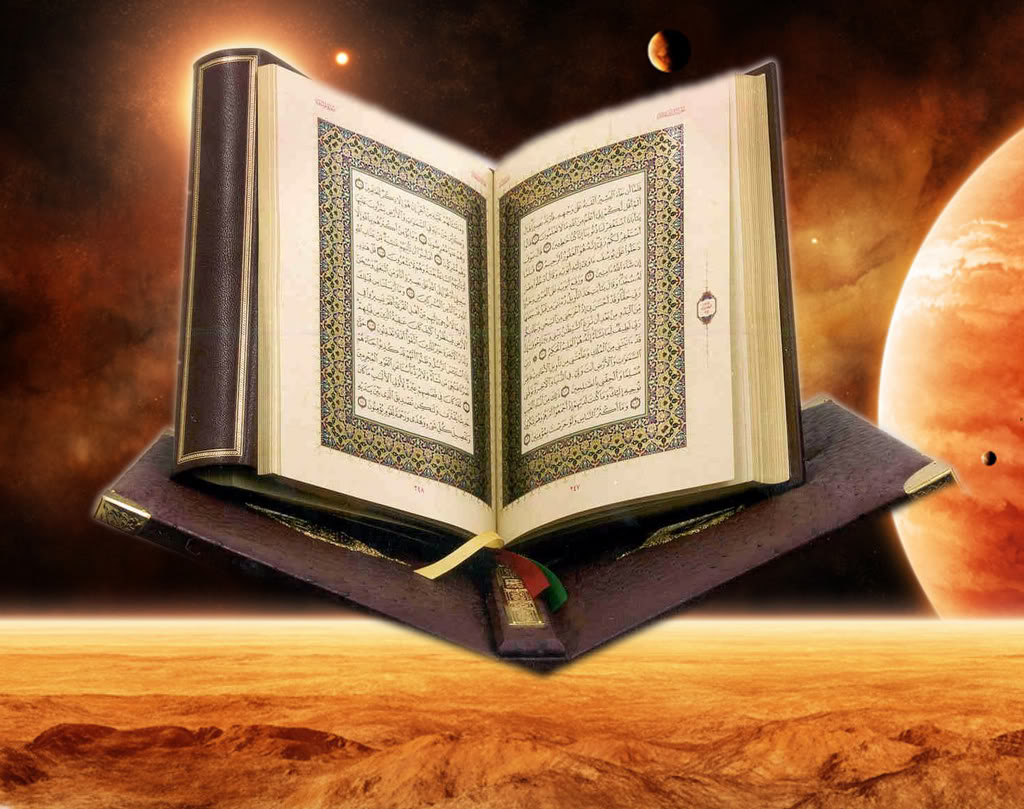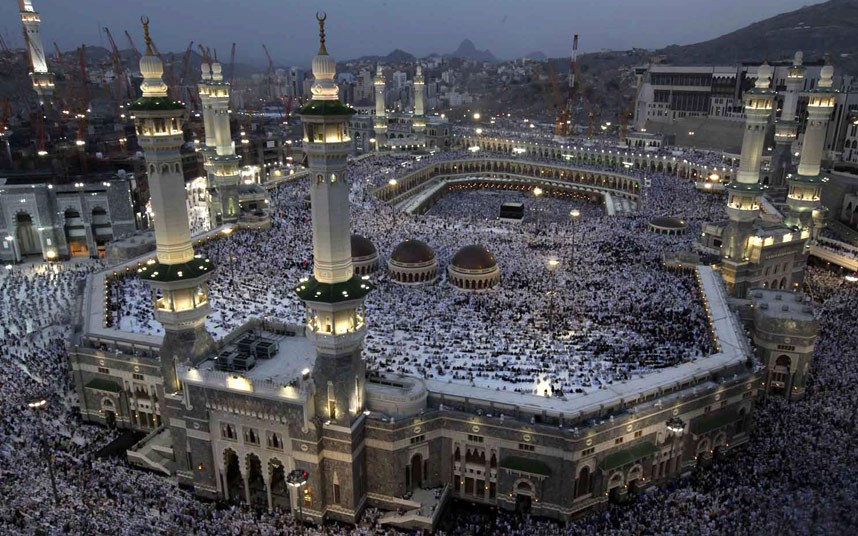History & the Quran & the Arabs
علم التاريخ والقرآن الكريم
History and the Quran
The Koran comprises a great historical treasure of the apostles, the prophets, the nations and the suchlike. The content of these treasures is presented like a stimulus, which invites further research. The era of the Omayiads was ideal for studies and research, whereas the Aborigines had a greater treasure of writings, and above all, they mastered their past and present, and could make use of this knowledge, by means of their creative ability. The Arabs, the Jews and the Christians of Yemen, Syria and Mesopotamia are regarded as the first teachers of historical matters. The Aborigines were their disciples. They were competent and ready to continue teaching and writing on the basis of a system. The first Caliph of the Omayiads was a lover of History and he used to invite the learned men to Royal Banquets, in order for them to narrate the History of the Nations and the Kings to him, while the Arabs and the Aborigines developed the historical matters of the Koran in the mosques. Others gathered several historical elements of the past and the present, as a result of which, it is correctly said that history of the Omayiads was written down in time and remains as the first foundation of the Islamic Science of History.

THE HOLY QURAN
The Prophet Mohammed (Peace Be upon Him) spent all his time in the cave Hiraa meditating and worshipping God. At the age of 40, he heard the voice of God, saying the following words:
“READ IN THE NAME OF ALLAH”
*****************************
THE ARABS AND THE HISTORY
التاريخ عند العرب

The Arabs, creative people as they were, had known from the beginning their spiritual mission in the cultural course of time. They agreed to complete the international treasures and willingly gave their spiritual fruits to the West and the East, without causing any spiritual offence.
In principle, all spiritual treasures belong to the whole world, without exception. In the course of time, there were people that sealed human society with their physiognomy and showed interest in spiritual progress, by building schools and academies and by practising the art of writing. Despite the fact that natural disasters or social causes destroyed a great part of thought, new life sprang from this interfile land. The torch of Spirit has always been burning. It was kept alive by the Egyptians Pharaohs, who had built scientific academies since the 3rd millennium BC, the Greeks of Athens who had founded an Academy – Lyceum in the 5th century BC, while their descendants found a Museum and an International Library in Alexandria representing a light that was burning for about a thousand years. Later on the Arabs, in turn, founded the House of Wisdom in Baghdad, Cordoba, Seville and El Azhar in Cairo, which still exists. There are two international movements in the History of thought:
1- The Hellenic one
2- The Arab one
The first movement resulted from the expansion of Greece and the second one from Arabia. Both of them have a single source and the springs of wisdom of this source have roots in antiquity. They both contributed to the awakening of western civilization, which lacked a past.
The Arab philosopher Ibn Khaldun plays the role of a landmark, sealing the end of Greek – Arabism, since he is thought to be the last representative of the Arabic Humanism and also the starting point of contemporary “Westernism”.
